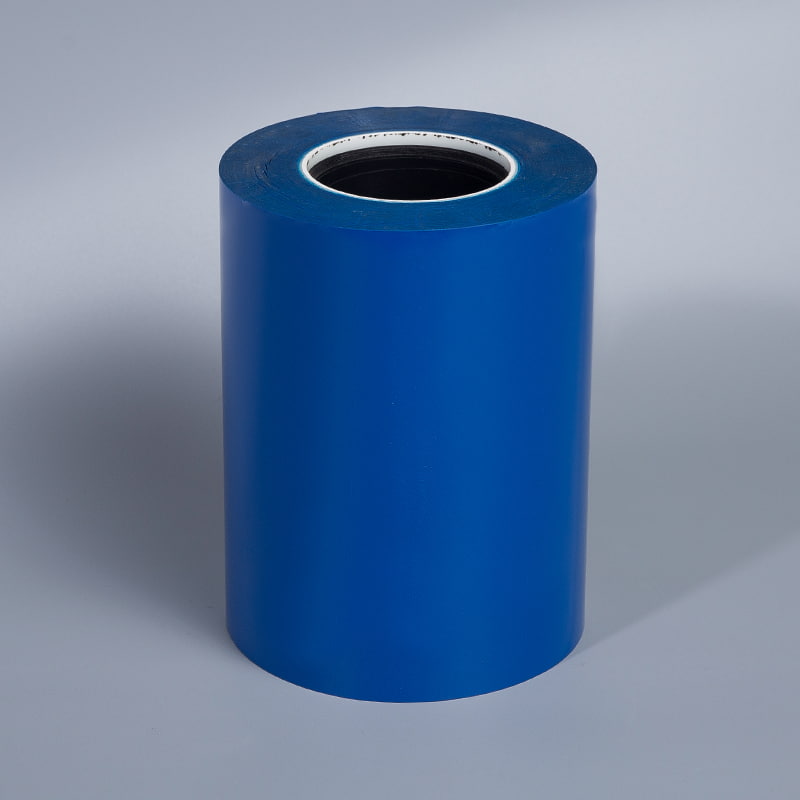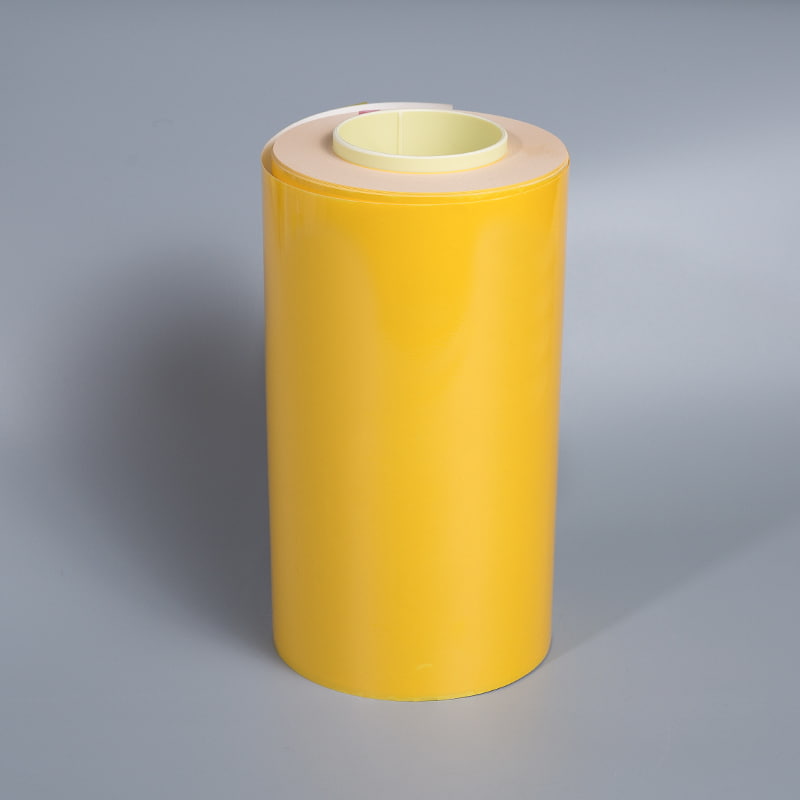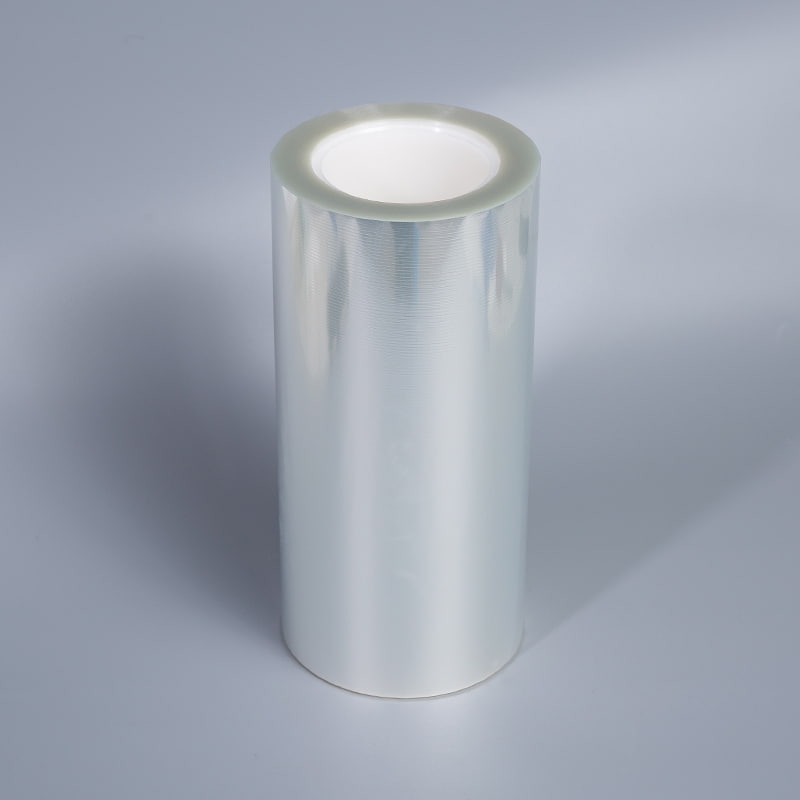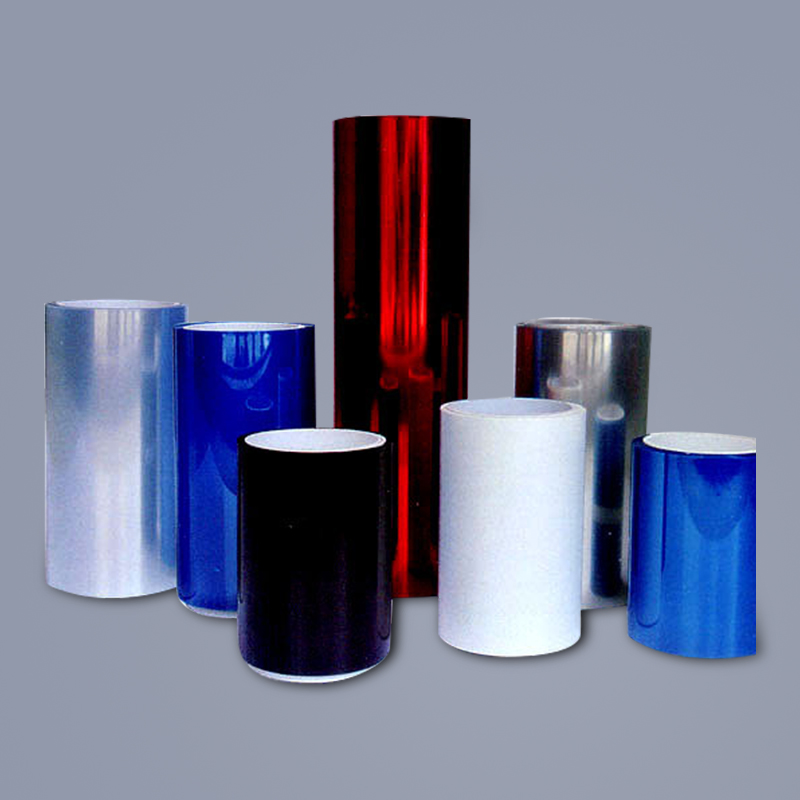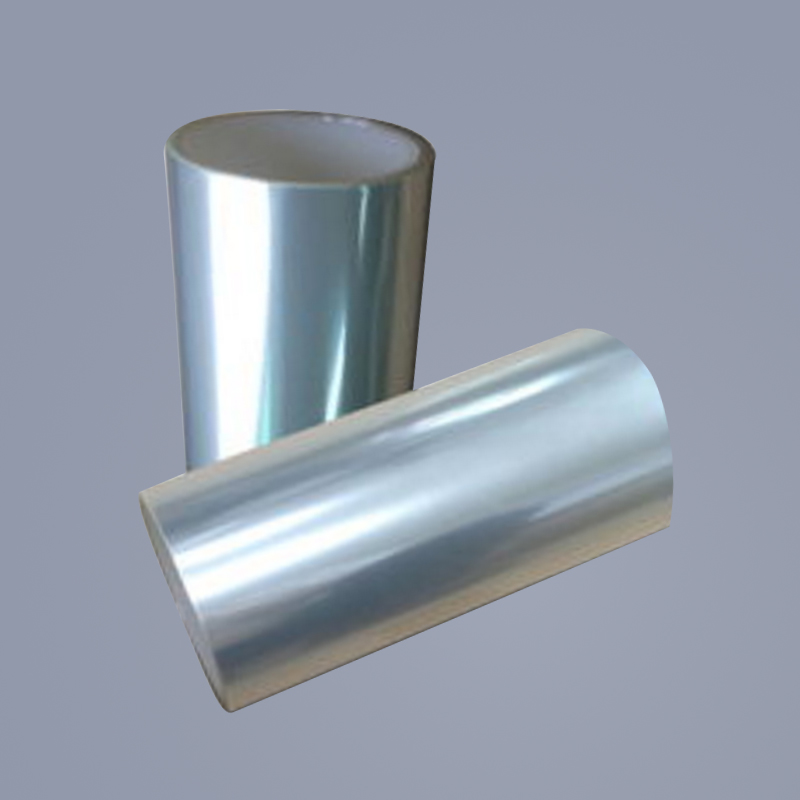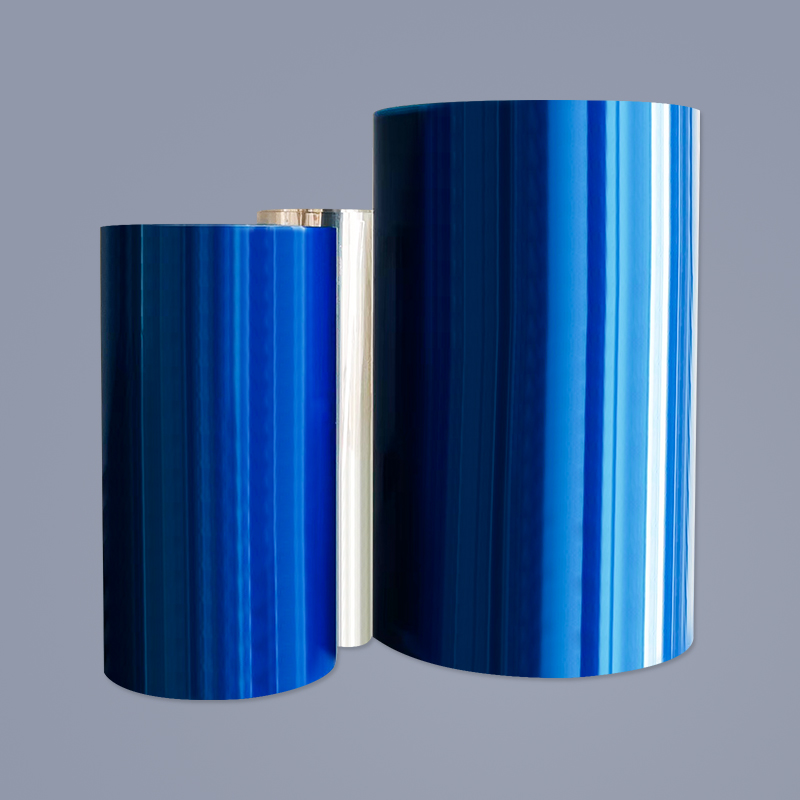Comparing Car Wrap Vinyl and Car Window Film for Optimal Vehicle Care
In the world of automotive care and aesthetics, Invisible Car Suit (Paint Protection Film, PPF), Car Wrap Vinyl, and Car Window Film are three leading solutions. While each serves a distinct purpose, they all aim to enhance a vehicle's appearance and durability.
1. Invisible Car Suit (PPF): The Ultimate Paint Shield
PPF is a high-performance polyurethane film applied directly to a car's paint, forming a transparent protective layer that resists scratches, rock chips, UV rays, and chemical damage.
Key Benefits
Superior Protection
Thickness: 6–10 mil (compared to 2–3 mil for standard wrap vinyl)
Impact Resistance: Withstands 5,000+ car washes (ASTM standard)
Self-Healing: Minor scratches disappear with heat (e.g., sunlight).
Longevity
Warranty: Premium PPF (e.g., XPEL, 3M) lasts up to 10 years.
UV Resistance: Anti-yellowing coatings prevent discoloration for at least 5 years.
Invisible Aesthetics
Clarity: Over 95% transparency, preserving the factory paint finish.
PPF vs. Car Wrap Vinyl: Key Differences
| Feature | PPF | Car Wrap Vinyl |
|---|---|---|
| Primary Purpose | Paint Protection | Color Change + Basic Protection |
| Thickness | 6–10 mil | 2–3 mil |
| Durability | 7–10 years | 3–5 years |
| Cost (Full Car) | $3,000–$6,000 | $1,500–$3,500 |
| Self-Healing | Yes | No |
2. Car Wrap Vinyl: The Choice for Customization
Car wrap vinyl offers endless color and texture options (matte, metallic, carbon fiber) but provides less protection, making it ideal for aesthetic upgrades.
Key Features
Thickness: 2–3 mil—easy to install but less scratch-resistant.
Warranty: 3–5 years (brand-dependent, e.g., Avery Dennison, Hexis).
Limitations: Not designed for high-speed rock impact; requires regular maintenance.
3. Car Window Film: The Solution for Heat & Privacy
Window film serves a completely different purpose, focusing on:
Heat Rejection: Blocks 60%+ infrared rays (e.g., 3M Crystalline series).
Safety: Prevents glass shattering.
Privacy: Offers 5%–50% light transmission options.
How It Differs from PPF
Material: Typically PET or ceramic-coated, non-stretchable.
Application: Only for windows, not paint surfaces.
4. How to Choose?
Prioritize Protection? → PPF (ideal for new or luxury cars).
Want Customization? → Car Wrap Vinyl (shorter lifespan expected).
Need Heat/Privacy? → Car Window Film (combine with PPF for full coverage).



